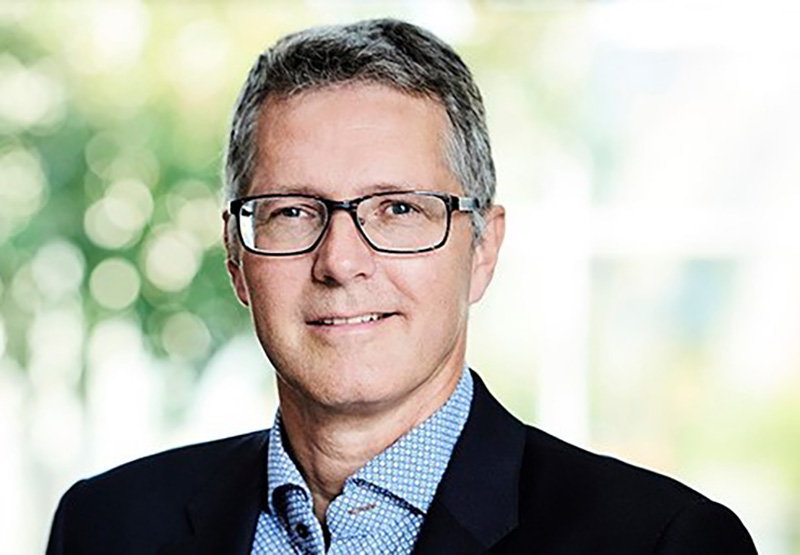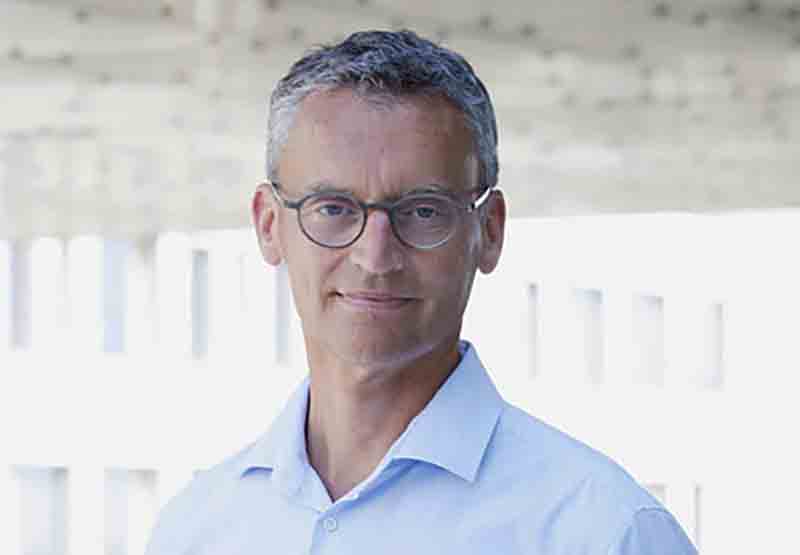
Young Researcher Entrepreneurship Bootcamp
27 – 31 May 2024
Join this PhD-course (2.5 ECTS) to grow your entrepreneurial mindset and learn how that can benefit both your current research and future career.
The future is digital, and a key goal for Denmark is to ensure that some of the next gen digital tech startups are created in Denmark.
In particular, our aim is to help create new digital startups in Denmark based on research that will give the startup a unique competitive advantage.
How do you start a business based on state-of-the-art research? How can you go from being a researcher to being an entrepreneur? What particular challenges are deep tech spin-out startups facing? In DIREC, we want to train and prepare digital researchers in creating startup companies based on their research. We organize courses and collect best-practice to achieve the goal.
It can be difficult to consider when a research idea is ready to be transformed into a startup, but we want to give the researchers working in DIREC the best possible support and opportunities for creating startups based on their research.
In DIREC, we want to support the community around digital tech startups by providing meeting places for upcoming entrepreneurs. One example is the conference Digital Tech Summit which invites entrepreneurs from all Danish universities to attend and share their experiences.

27 – 31 May 2024
Join this PhD-course (2.5 ECTS) to grow your entrepreneurial mindset and learn how that can benefit both your current research and future career.

9 November 2023
Generative AI has been making waves in recent years, captivating our imagination with its potential to transform industries and reshape our creative processes. But is it all just hype, or are we witnessing a genuine transformation?

8 November 2023
The EU has new legislation, large project sums, and a supply of technological components. All the initiatives aim to provide European companies, organizations, states, and individuals with a completely new infrastructure for data sharing.

8 – 9 November 2023
DTS – AI Transforming Business is the largest deep tech conference in the Nordic countries and the annual meeting place for researchers from the universities in Denmark and their partners in Danish industry.

30 May – 2 June 2023
Calling all young researchers in AI and data science with an interest in entrepreneurship!

22-24 May 2022
Join the Young Researcher Entrepreneurship Academy PhD summer school to grow your entrepreneurial mindset and learn how that can benefit both your current research and future career.

The project will collect state-of-the-art knowledge and research results to promote digital entrepreneurship in general and at Danish universities. This will be done through document studies and a review of relevant research literature.
In order to gain insight into the barriers and opportunities for entrepreneurship for the individual researcher, a SWOT analysis is carried out to reveal the experience of this among scientific staff at the universities under the auspices of DIREC through a workshop. The result must complement insights gathered via document studies and literature reviews, etc. to point out opportunities to strengthen entrepreneurship in the individual researcher and at the university in general.
The results from the project are disseminated through a policy paper and a concise, research-oriented Digital Entrepreneurship Guide, and through presentations at e.g. seminars and conferences.
The project will contribute to:

Head of Innovation
Technical University of Denmark
Department of Applied Mathematics and Computer Science
E: mberi@dtu.dk
T: +45 61 39 63 54

Professor
Aalborg University
Department of Computer Science

Head of Business and Innovation
University of Copenhagen
Department of Computer Science

Head of Department
University of Southern Denmark
The Maersk Mc-Kinney Moller Institute

Associate Professor
Technical University of Denmark
DTU Compute

Senior Business Unit Manager
IT University of Copenhagen
Open Entrepreneurship

Special Consultant
Aarhus University
Department of Computer Science

Head of Department
Copenhagen Business School
Department of Digitalization

Chief Scientific Officer
The Alexandra Institute